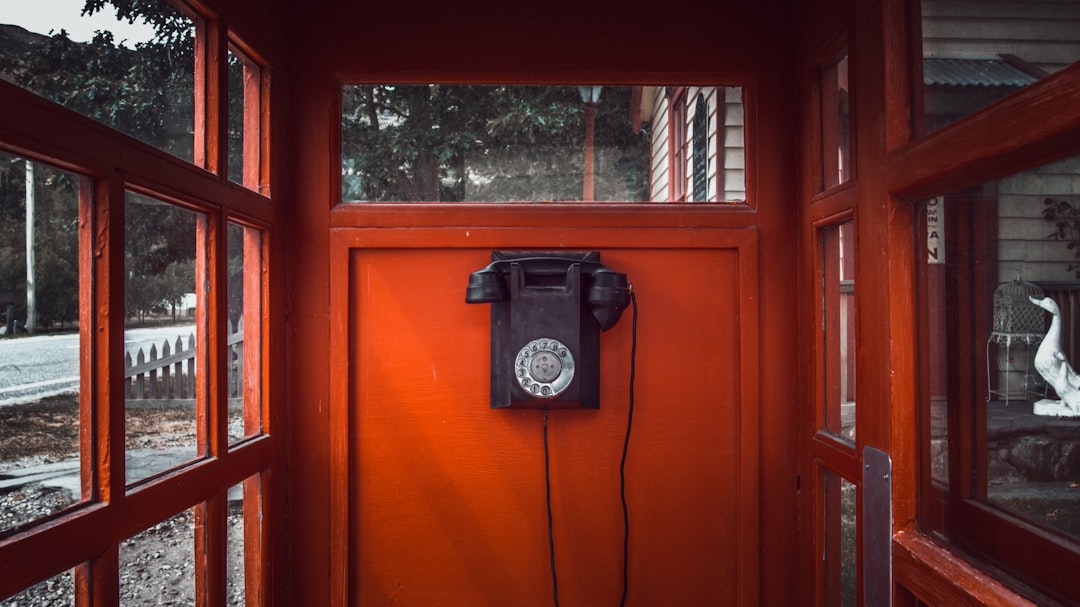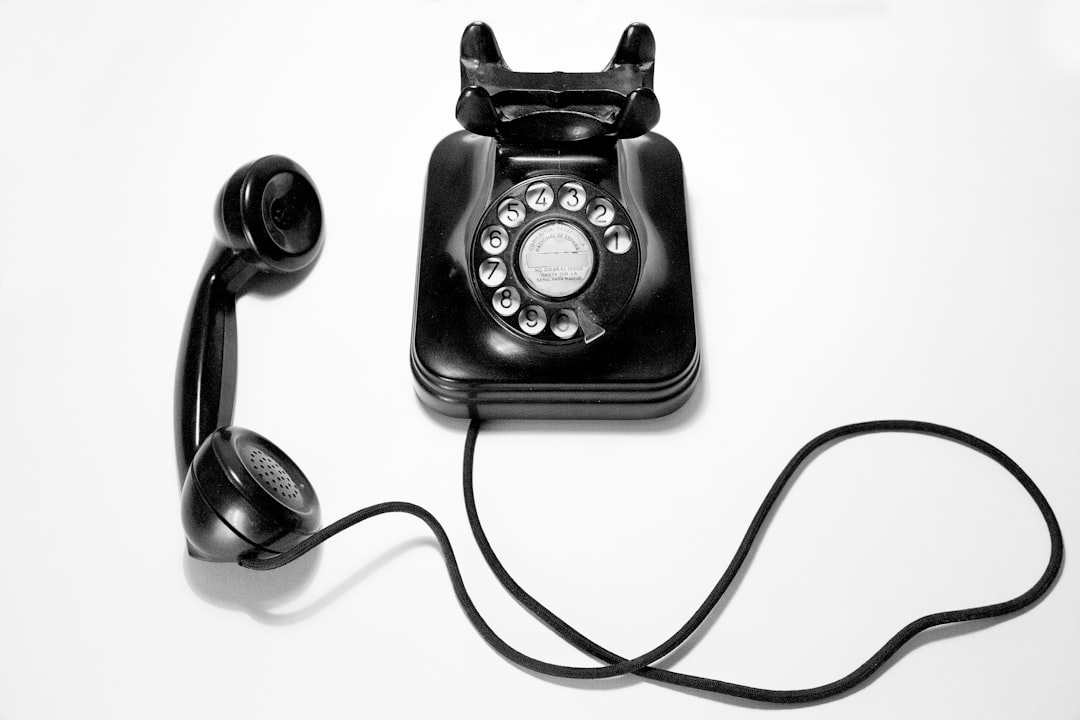In Michigan, stringent regulations under the Telephone Consumer Protection Act (TCPA) and state-specific laws protect consumers from unwanted autodialer calls. If you're receiving such calls without consent, it's advisable to reach out to an experienced autodialer lawyer or law firm in Michigan. These legal experts are well-versed in navigating the complexities of both federal and state laws regarding autodialers. They can provide guidance on pursuing legal action, ensuring compliance for businesses, and offering representation in court if necessary. For those affected by these invasive calls, these attorneys offer specialized advice to help understand rights, seek compensation or injunctive relief, and reclaim control over personal communication. Residents facing autodialer spam should consider consulting with an reputable autodialer attorney or law firm in Michigan for tailored legal assistance and effective resolution of the issue.
In the context of consumer protection and privacy rights, the use of autodialers has become a focal point. Residents of Michigan must navigate the nuances of state regulations that govern such technology. This comprehensive article delves into the legal framework surrounding autodialer use in Michigan, emphasizing the necessity for express permission before such systems are employed. It outlines the critical roles played by autodialer attorneys and law firms within the state, providing valuable guidance on how to seek legal counsel and protect your rights against unwanted calls. Whether you’re an individual affected by these calls or a business aiming to comply with the law, this article serves as an essential resource for understanding your options and the recourse available through autodialer lawyers and attorneys in Michigan.
- Navigating Autodialer Regulations in Michigan: Understanding the Law
- The Role of Autodialer Attorneys in Michigan: Seeking Legal Counsel
- How an Autodialer Lawyer in Michigan Can Protect Your Rights
- Autodialer Law Firms in Michigan: A Guide to Legal Representation
- Strategies for Dealing with Unwanted Calls: Legal Options for Residents of Michigan
Navigating Autodialer Regulations in Michigan: Understanding the Law

In Michigan, navigating the regulations surrounding the use of autodialers is a critical task for both businesses and consumers alike. The state has stringent laws in place to protect individuals from unwanted or harassing calls made via autodialer systems. If you find yourself on the receiving end of such calls without express permission, it’s advisable to consult with an experienced autodialer lawyer or attorney in Michigan. These legal professionals are adept at understanding the intricacies of the Telephone Consumer Protection Act (TCPA) and the Michigan Do Not Call Law, which together form a comprehensive framework regulating telemarketing and autodialer use. An autodialer attorney or law firm in Michigan can provide expert guidance on how to proceed if your rights have been violated. They can help you understand your options for seeking compensation or injunctive relief against the parties responsible for the unauthorized calls.
When dealing with autodialer issues, it’s crucial to act promptly, as there are strict statutes of limitations governing such cases. An autodialer lawyer or attorney in Michigan will not only assist you in filing a complaint but also ensure that your case is handled efficiently and effectively. These legal experts are well-versed in the necessary procedures for litigation and can represent you in court, aiming to stop the unwanted calls and secure damages if applicable. Whether you’re a consumer dealing with nuisance calls or a business needing to ensure compliance with autodialer laws, having an autodialer law firm in Michigan on your side is invaluable for navigating these complex legal waters.
The Role of Autodialer Attorneys in Michigan: Seeking Legal Counsel

In Michigan, the proliferation of unsolicited calls from autodialers has led to a surge in legal disputes concerning consent and privacy rights. Autodialer attorneys in Michigan play a pivotal role in this context, providing expertise in the Telephone Consumer Protection Act (TCPA) and state laws that regulate autodialer usage. These legal professionals are adept at navigating the complexities of telecommunications law, offering guidance to individuals whose privacy has been invaded by these automated systems. If you’ve received unwanted calls from an autodialer, consulting with an autodialer lawyer or autodialer attorney Michigan is crucial. These legal experts can assess the situation, determine if there has been a violation of your rights, and pursue appropriate legal action to halt further intrusions. Autodialer law firms in Michigan are equipped to handle cases ranging from individual claims to class actions, ensuring that violators are held accountable for their practices. Engaging an autodialer lawyer or autodialer attorney Michigan is not just about seeking compensation; it’s a step towards reclaiming control over your communication and protecting your personal information from unauthorized access.
How an Autodialer Lawyer in Michigan Can Protect Your Rights

In Michigan, the Telephone Consumer Protection Act (TCPA) and the Michigan Personal Protection Act (MPPA) provide robust protections against unwanted autodialed calls and texts. When you receive calls from an autodialer that you did not expressly permit, it can be both annoying and potentially indicative of a violation of your rights. An autodialer lawyer in Michigan specializes in navigating the complexities of these laws to safeguard your privacy and ensure that your personal time is respected. These legal professionals are adept at identifying violations of the TCPA and MPPA, which can include unsolicited marketing calls, debt collection attempts, or political robocalls. By partnering with an autodialer attorney Michigan from a reputable law firm, you gain access to expert legal advice tailored to your situation. The attorneys at leading autodialer law firms Michigan are equipped to pursue legal action against the parties responsible for these intrusions, potentially securing compensation for damages and inconvenience caused. They can also assist in establishing measures to prevent future infractions, thereby restoring tranquility to your communications. Whether you’re dealing with a single instance of harassment or recurring unwanted calls, an autodialer lawyer in Michigan is your ally in reclaiming control over your phone line and asserting your legal rights against unauthorized use of autodialing technology.
Autodialer Law Firms in Michigan: A Guide to Legal Representation

In Michigan, individuals receiving unwanted calls from autodialers have recourse through the Telephone Consumer Protection Act (TCPA) and state laws that regulate telemarketing and robocalls. When seeking legal representation for issues concerning autodialer nuisance calls, it is advisable to consult with an autodialer lawyer or attorney in Michigan who specializes in this area of law. These legal experts, who are well-versed in the intricacies of the TCPA and related state laws, can provide guidance on how to effectively challenge unauthorized autodialer use. Autodialer lawyers and attorneys in Michigan not only understand the complexities of federal and state legislation but also possess the necessary skills to navigate class action lawsuits, individual claims, or negotiations with offending entities. For those affected by such intrusions, finding an experienced autodialer law firm in Michigan is essential to seek justice and potentially recover damages. These firms are adept at representing clients in court and have a track record of holding violators accountable for their actions, thereby protecting the rights of consumers against unwanted automated calls.
When searching for an autodialer attorney or law firm in Michigan, it is important to identify one that has a proven history of success in cases involving the Telephone Consumer Protection Act. These professionals can offer tailored legal strategies that align with your specific situation, whether it involves a single unwanted call or a pattern of harassment from multiple autodialers. The right autodialer lawyer or attorney will work diligently to ensure that your case is handled with the utmost care and attention to detail, aiming to secure the best possible outcome for your circumstances. Whether you are seeking damages for nuisance calls, or looking to protect your business from potential TCPA violations, the expertise of a specialized autodialer law firm in Michigan can be invaluable.
Strategies for Dealing with Unwanted Calls: Legal Options for Residents of Michigan

Residents of Michigan who are plagued by unwanted calls from autodialers have legal recourse to protect their privacy and well-being. The Telephone Consumer Protection Act (TCPA) is a federal law that provides guidelines on telemarketing calls, which includes the use of autodialers or pre-recorded voice messages. Michigan residents can avail themselves of this act to seek relief against unauthorized autodialer contact. In the event of such intrusions, it is advisable to document each instance, including the date, time, and nature of the call, as this information can be crucial for an autodialer attorney in Michigan when pursuing legal action.
To effectively address the issue, one should first review the terms and conditions agreed upon at the onset of any service or product subscription to ensure that express permission for such calls has been granted. If unwanted calls persist despite these measures, consulting an autodialer lawyer in Michigan becomes a prudent step. These legal professionals specialize in understanding the intricacies of the TCPA and state laws, offering guidance on the best course of action. An experienced autodialer law firm in Michigan can assist in drafting cease-and-desist letters to the offending parties or represent individuals in court to seek damages for the violation of their rights. By enlisting the expertise of an autodialer attorney in Michigan, affected residents can take proactive steps towards ending these disruptive and often unwanted calls, reclaiming control over their communication channels.






